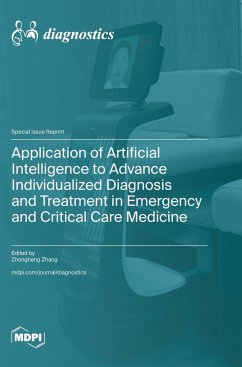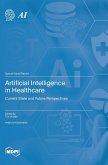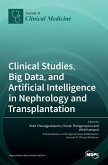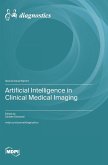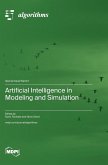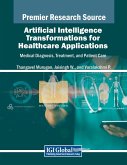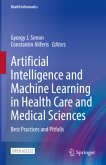Critical illness refers to severe diseases or conditions where health status changes rapidly and may pose an immediate threat to life within a short period of time. The key to successful treatment of critically ill patients involves various aspects of diagnosis, including early prediction of adverse events, accurate identification of pathogens, and differential diagnosis of symptoms. Critically ill patients typically generate vast amounts of data from medical equipment such as bedside monitors, ventilators, and renal replacement therapy devices. Handling such large volumes of data is challenging for human intuition alone. Artificial intelligence can learn complex data structures to acquire knowledge and insights, thereby profoundly impacting the management of critically ill patients. In this context, we have organized this Special Issue to explore the application of artificial intelligence in the management of major diseases, aiming to significantly advance future healthcare. In this Special Issue, researchers from various countries and regions have explored the application of artificial intelligence in critical care, covering aspects such as diagnosis, management, and prognosis. Overall, these studies elucidate the transformative impact of artificial intelligence and machine learning on medical diagnosis and prognosis, heralding a new era of precision medicine that holds promise for improving patient outcomes and optimizing healthcare services.
Hinweis: Dieser Artikel kann nur an eine deutsche Lieferadresse ausgeliefert werden.
Hinweis: Dieser Artikel kann nur an eine deutsche Lieferadresse ausgeliefert werden.

